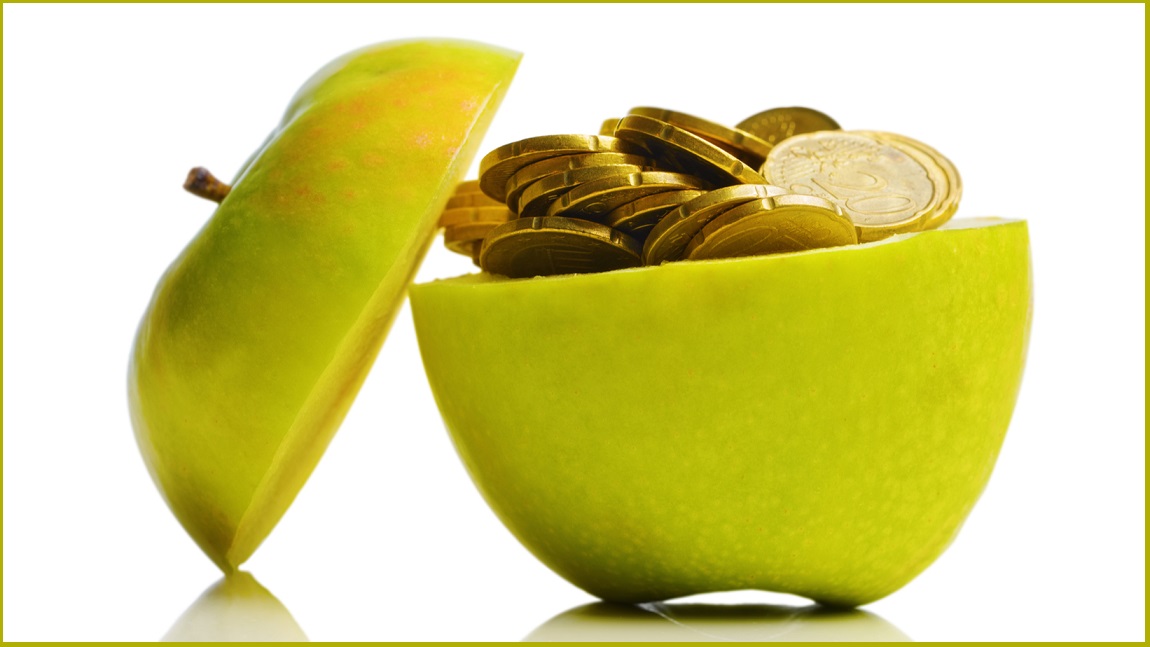The French competition watchdog has hit Apple with a record-breaking fine of more than $2 billion over “particularly serious” anti-competitive behaviour.
The fine of 1.1 billion euro (more than $2 billion) is the biggest fine ever imposed by the French Competition Authority. It relates to Apple’s dealings with its wholesalers in the country and its control over pricing.
The case emerged following a complaint made in 2012 by eBizcuss, an Apple Premium Reseller.
The competition authority found that Apple made three anti-competitive practices in its dealings with these companies.
It claimed that Apple unfairly divided its products and customers between two wholesalers, Tech Data and Ingram Micro, which have also copped large fines.
“Apple and its two wholesalers agreed not to compete and prevent distributors from competing with each other, thereby sterilising the wholesale market for Apple products,” French Competition Authority chief Isabelle de Silva said.
It also said that Apple was preventing its distributors and wholesalers from selling products at a discount or as part of promotions, meaning there was an “alignment of retail prices between Apple’s integrated distributors and independent premium distributors”.
The authority also said Apple “abused the economic dependence of these premium distributors on it”, by “subjecting them to unfair and unfavourable commercial conditions compared to its network of integrated distributors”.
This led to supply difficulties, discriminatory treatment and unstable remuneration conditions for these businesses, the authority alleged.
In a statement, Apple said it outright rejected the ruling and will be lodging an appeal.
“The French Competition Authority’s decision is disheartening,” Apple spokesperson Josh Rosenstock said.
“It relates to practice from over a decade ago and discards 30 years of legal precedent that all companies in France rely on with an order that will cause chaos for companies across all industries.
“We are extremely proud to serve our French customers and believe they should be allowed to choose the product they want, either through Apple Retail or our large network of resellers across the country.”
The ruling comes just weeks after Apple agreed to pay $750 million to settle a class action lawsuit over its slowing down of old iPhones.
Apple agreed to pay between $US310 million and $US500 million for its practice of “throttling” older iPhone models without telling the owners.
The lawsuit alleged that Apple was doing this as a way to get people to purchase newer, more expensive phones.
It’s also not the first time Apple has copped a fine in France, with the French Directorate General for Competition, Consumption and the Suppression of Fraud issuing a $41 million fine over the same “throttling” practice in February.
Earlier this year Apple and parts manufacturer Broadcom were ordered to pay a combined $1.6 billion to the California Institute of Technology (Caltech) for infringing its patents after a two-week jury trial.
The case began in 2016 when Caltech alleged that Apple had infringed on three of its patents facilitating quicker data transfer over Wi-Fi.
The jury ordered Apple to pay $US387 million and imposed a $US270 million fine on Broadcom, making it the sixth largest cost for patent infringement.










